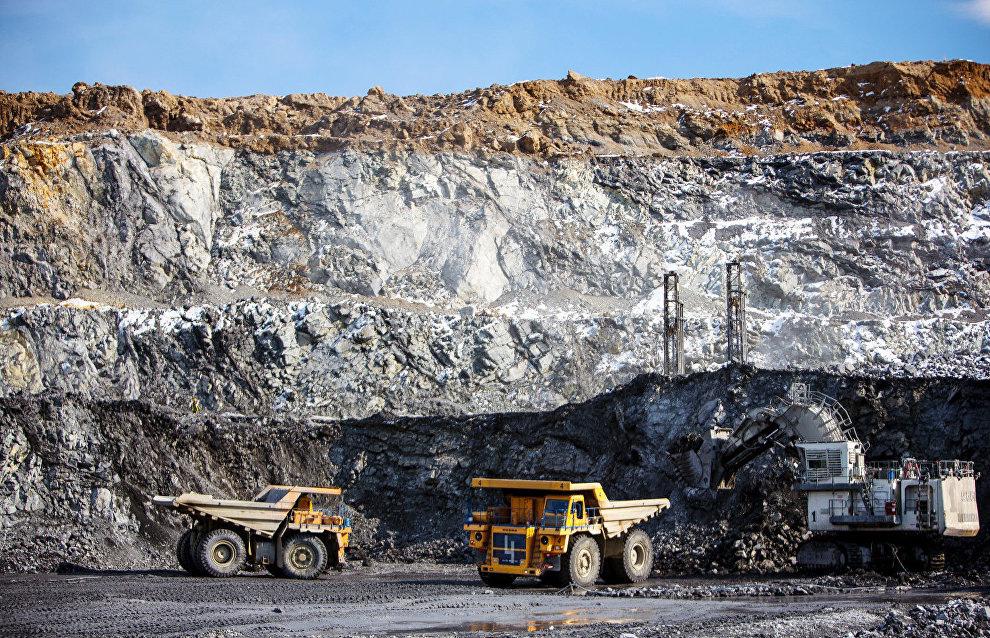Authorities have declared a state of emergency in parts of the Serres region in northern Greece, following the detection of elevated uranium levels in the local drinking water supply. Though officials clarified that the uranium is not radioactive, concerns remain over the potential health effects, particularly from long-term exposure.
The emergency status, which will remain in effect until June 26, 2025, allows for the rapid deployment of financial and logistical resources to support affected communities and accelerate remediation efforts.
A European Directive Prompted Water Testing
The discovery follows new European Union guidelines requiring additional chemical parameters in drinking water testing. In line with this directive, the local water utility, DEYAS (Municipal Water Supply and Sewerage Company of Serres), began a series of inspections in April 2025. The elevated uranium levels were identified in several supply zones within the Serres municipality during these routine checks.
Local Response and Measures
In response, authorities banned the use of tap water for drinking and cooking in the affected areas as of May 22. Approximately 2,000 households are currently impacted. The municipality has since taken immediate steps to ensure public access to clean water:
- Public water tanks have been set up for residents to access potable water.
- Bottled water is being distributed to schools and vulnerable populations.
- Affected households will not be charged for water consumption during the crisis.
- Additional assistance is being provided through the local “Help at Home” program for those with limited mobility or support.
Mayor Varvara Mitliaga, who also heads the water utility, emphasized transparency and coordination in handling the situation:
“This is not merely a technical issue—it affects the public’s trust and well-being. Our priority is to safeguard public health with full transparency and responsibility.”
She also stressed that all relevant authorities, including health officials, engineers, and regional representatives, are working together to resolve the issue efficiently.
Technical Solutions Under Review
Officials confirmed that the contamination does not pose an immediate radioactive threat, but efforts are underway to eliminate all traces of uranium from the water supply. One of the technical solutions being explored is reverse osmosis, a widely used water purification method that is effective in removing heavy metals, including uranium.
The Deputy President of DEYAS noted that this method is already in use in many countries and could provide a reliable long-term solution. “We are currently evaluating reverse osmosis systems and other treatment technologies to ensure that water quality meets both national and EU standards,” she said.
Next Steps and Reassurance
The municipality has pledged to keep the public informed and will issue a new announcement when it is safe to lift water use restrictions. Meanwhile, Serres continues to seek national funding to support infrastructure upgrades and long-term water safety improvements.
Authorities assure residents that the rest of the municipal water network remains safe, and urge cooperation as efforts continue to restore normal water services.






